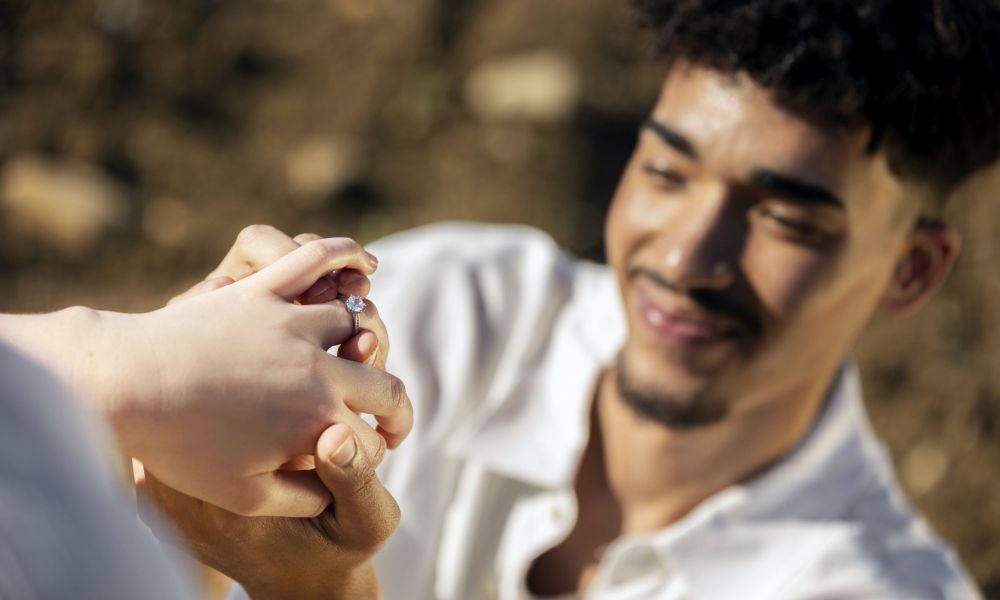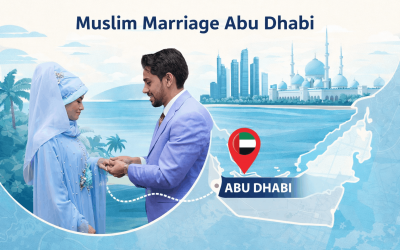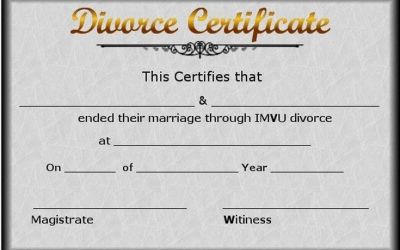
Process of Expat Marriage in UAE: A Complete Guide for Expats in 2025
Table of Contents ▼
Are you an expatriate planning to get married in the UAE?
Understanding the process of expat marriage in UAE is essential to ensure everything goes smoothly. The UAE provides two main options for marriage: Sharia law for Muslims and civil law for non-Muslim expatriates. Both options are legally recognized, offering flexibility for expatriates of various backgrounds.
For marriage in Abu Dhabi, expats can consider the court wedding process to meet legal requirements.
In this guide, we’ll walk you through the process of expat marriage in UAE, from the required documents to the legal steps involved in registering your marriage.
Legal Framework for Expat Marriage in UAE

Expatriates in the UAE can marry under two primary legal systems: Sharia law or civil law. The system you choose will depend on your religion and nationality.
For marriage in Dubai for expats, you can choose either Sharia or civil marriage based on your background.
Both marriage types are legally recognized, and the process for each is designed to accommodate the diverse expatriate population living in the UAE.
Sharia Law Marriage for Muslims
If you are a Muslim expatriate, marriage in the UAE follows Sharia law. The process for registering a Sharia law marriage includes a set of requirements, including:
- Eligibility: Both parties must be of legal age. The woman must have the consent of her guardian (wali), and if she is a widow or divorced, additional paperwork is required.
- Documents: You will need valid passports, residency visas, proof of single status (such as a certificate of no impediment), and health certificates confirming that both parties are free from contagious diseases.
- Process Time: The registration process typically takes around two weeks. However, delays can occur if there are issues with the paperwork or other factors.
- Marriage Certificate: Once the marriage is registered, a marriage certificate is issued, which is necessary for various legal purposes, such as applying for a spouse’s residence visa.
Civil Marriage for Non-Muslim Expats

Non-Muslim expatriates have the option to marry under civil law, a non-religious ceremony conducted by the authorities. This option is often preferred by expats from countries where civil law governs marriages.
- Eligibility: Non-Muslim expatriates are eligible to marry under civil law, provided they meet the necessary documentation requirements.
- Documents: Required documents include valid passports, residency visas, proof of single status, and health certificates.
- Process Time: The civil marriage process can take up to three months due to embassy document verification and processing.
- Marriage Certificate: Once the marriage is recognized, the couple receives a marriage certificate, which is valid in both the UAE and their home country.
Step-by-Step Process of Expat Marriage in UAE
The process of expat marriage in UAE involves several steps, whether you are opting for a Sharia law or civil marriage. Here’s a breakdown of what you need to do.
Step 1: Gather Required Documents
The first step in the process is to gather all necessary documents. You will need valid passports, residency visas, proof of single status (a certificate of no impediment), health certificates, and proof of residence in the UAE. If you are marrying under Sharia law, women under the legal age (18 years) will need guardian consent.
For civil marriages, you will need to submit your documents through your respective embassy. Sharia marriages are typically processed through the UAE courts.
Step 2: Document Verification
After submitting your documents, they will undergo verification by the relevant authorities. This process can take up to two weeks, depending on the workload and complexity of the case. Once the documents are verified, you will be notified to proceed to the next step.
Step 3: Marriage Registration
Once the documents are verified, you can proceed with marriage registration:
- Sharia Law: Both parties must appear in person at the UAE court for the marriage ceremony. The marriage is officially recorded once the ceremony is performed.
- Civil Marriage: Non-Muslim expatriates must complete the marriage registration process at their respective embassy. Once the marriage is registered, the marriage certificate is issued.
Step 4: Marriage Certificate
After the marriage is registered, you will receive a Marriage Certificate, which is the legal proof of your marriage. This certificate is essential for various legal processes, such as applying for a spouse’s residence visa or making legal declarations in your home country.
Documents Required for Expat Marriage in UAE
For both Sharia and civil marriages, the required documents generally include valid passports and residency visas. You will also need proof of single status, such as a certificate of no impediment, health certificates confirming you are free from contagious diseases, and proof of residence in the UAE.
For Sharia law marriages, if the woman is under the legal marriage age, you will need guardian consent. Civil marriages require you to submit your documents through your embassy.
Costs and Processing Times for Expat Marriage in UAE
The costs involved in expat marriage in UAE can vary depending on the type of marriage:
- Sharia Law Marriage: The fees typically range from AED 500 to AED 2,000, which includes court fees and health certificate processing.
- Civil Marriage: The cost for civil marriage can be higher, ranging from AED 2,000 to AED 4,000, due to embassy registration and document processing fees.
In terms of processing times, Sharia law marriages generally take around two weeks, while civil marriages can take up to three months due to embassy verification and paperwork.
Challenges in the Process of Expat Marriage in UAE
Although the process of expat marriage in UAE is relatively straightforward, there are some common challenges:
- Document Discrepancies: Any missing or incorrect documents can delay the process. It’s crucial to ensure that all paperwork is complete and accurate.
- Nationality-Specific Requirements: Some nationalities may have additional requirements or bureaucratic steps to follow, particularly when registering marriages abroad.
Tips for a Smooth Marriage Process in the UAE
To ensure a smooth process, it’s helpful to consult with a legal expert who specializes in expat marriage in UAE. A legal professional can help you ensure that all documentation is correct and assist you with any complications that may arise during the process.
Start gathering your documents early to avoid delays, and always check with your embassy for any specific requirements for your nationality before beginning the process.
Conclusion
The process of expat marriage in UAE doesn’t have to be overwhelming. By understanding the steps involved, gathering the necessary documents, and following the legal procedures, you can make your marriage registration process as smooth as possible.
For a hassle-free experience, consider consulting a wedding service like Easy Wedding Dubai, who can guide you through every step of your marriage journey and ensure that your expat marriage in UAE goes off without a hitch.
Discover the conditions and procedures for expatriate marriage in the UAE to ensure a smooth and legal wedding process.



